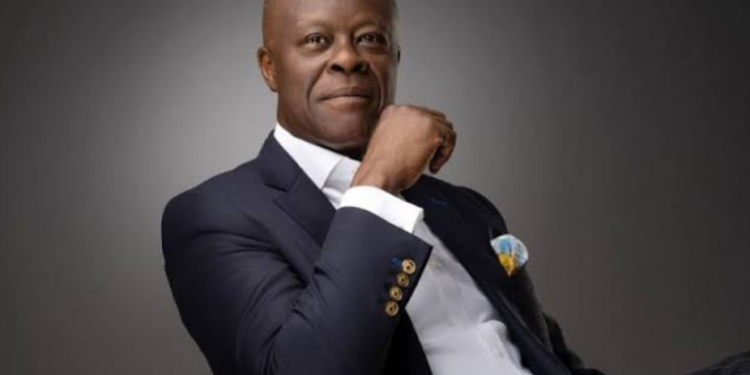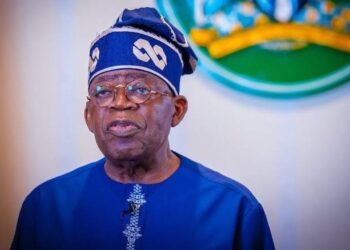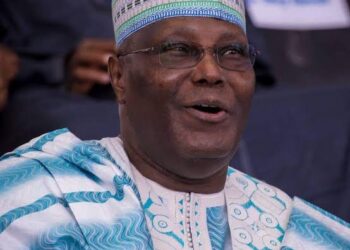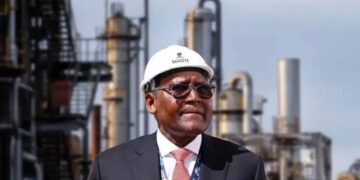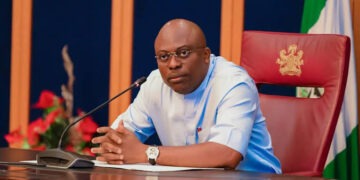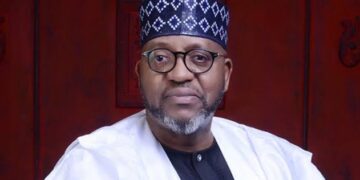The Federal Government is implementing strategic measures to de-dollarise Nigeria’s economy and strengthen the naira, according to Wale Edun, Minister of Finance and Coordinating Minister for the Economy. Edun made the statement during an investor parley held on the sidelines of the World Bank/International Monetary Fund Annual Meetings in Washington, D.C., on Tuesday.
Nigeria, as a partially dollarised economy, has relied heavily on the U.S. dollar for international trade and finance invoicing. Edun explained that the government is now encouraging businesses and manufacturers to invoice in naira instead of dollars, aiming to reduce the demand for foreign currency and support the naira.
“We are asking people to invoice in naira rather than dollar, thereby reducing the demand for dollar,” Edun stated during the event, which was attended by major financial institutions such as Standard Chartered Bank, Goldman Sachs, and JP Morgan. He added that the government is also working to increase dollar inflows by boosting oil production, which would further stabilise the naira.
The minister emphasized that reforms such as free market pricing in petrol, jet fuel, and kerosene, implemented for the first time in 40 years, are part of the broader strategy to address currency instability. “We have moved to free market pricing in key sectors for the first time in four decades,” Edun said.
Efforts are also being made to secure oil production through enhanced security measures, ensuring that the sector continues to generate revenue and foreign exchange for the country. The Central Bank of Nigeria (CBN) Governor, Olayemi Cardoso, and other top government officials attended the parley, underscoring the government’s commitment to implementing these reforms.
Additionally, Edun noted that financial and bond markets remain open to Nigerians in the diaspora, encouraging them to invest dollars into the economy as part of efforts to shore up the country’s foreign exchange reserves.


